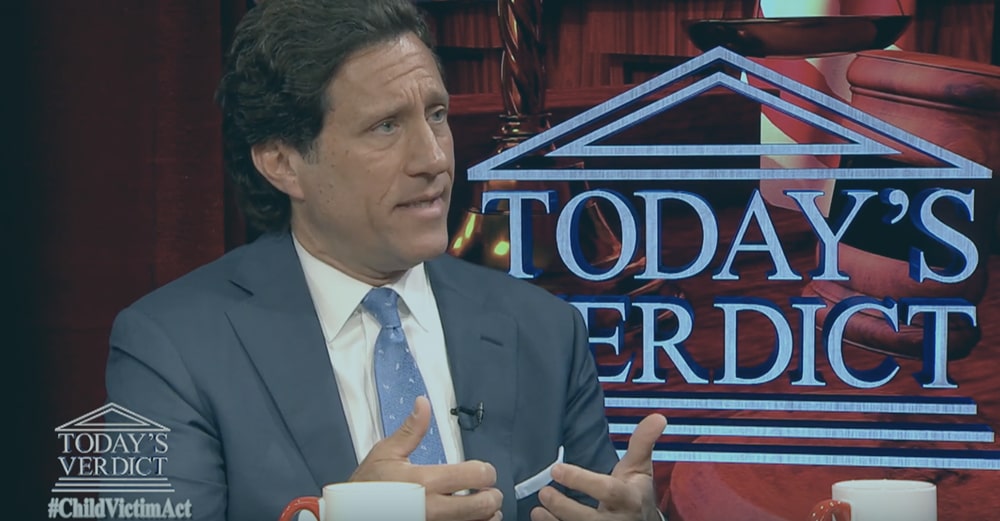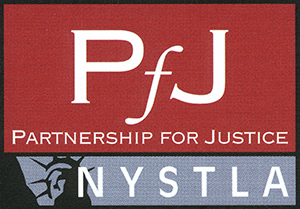What is the Difference Between an Estate Plan and a Will?
Posted on September 25th, 2019 by Oddo & Babat, P.C.
Divorce Lawyer
Often, wills and estate plans are terms that are used interchangeably when going through the process of putting your affairs in order. However, it’s important to be aware that a will and estate plan are not one and the same. A will is just one component to an estate plan. The process of estate planning can be incredibly complex, because of this, working with a lawyer experienced in this area of practice can provide you with the support you need in developing a clear plan for the future.
Key Elements to an Estate Plan
An estate plan is made up of many parts. When developing your estate plan, there will be a number of decisions you will be charged with making. The process of doing so can be complex, it will be important that you take the proper steps to ensure that the estate plan you develop is valid, and leaves nothing out. A lawyer can provide you with guidance for each component to an estate plan:
Will
A will is a document that outlines how you would like your assets distributed to heirs. Within your will, you will outline:
- Guardianship over your children
- Naming beneficiaries for your assets
- Identifying an executor to oversee your estate
- Specific instructions for the distribution of your assets
Medical Directives
Medical directives can make up a number of key documents. Medical directives give you the opportunity to designate someone who will make decisions regarding your healthcare in the event that you are unable to. In some cases, a person may assume this responsibility on a temporary basis. Other situations may call for the person who has been appointed to make significant decisions, such as whether or not you should remain on life support. However, it’s important to note that if you have clearly outlined your wishes, your healthcare proxy may not be required to make this decision as it will already be outlined in your estate plan.
Power of Attorney
When you designate someone to have power of attorney, you give them the ability to make key financial decisions for you in the event that you are unable to do so. Without someone appointed to hold this role, a costly and time consuming court process may be required in order to appoint a conservator to oversee your affairs.
Designating Beneficiaries
A lawyer can help you to designate beneficiaries on your accounts. Naming beneficiaries is essential to ensuring that money from your accounts is designated in the way you would have liked. Common accounts that you may want to name a beneficiary on include:
- Insurance Policies
- Retirement Accounts
- IRAs
- Pensions
With so many elements to consider, you will want to make sure that you have left nothing out. With a lawyer by your side, you can have the peace of mind you deserve in knowing that you have a clear plan in place for when the time comes.
A Lawyer Can Help You
A lawyer plays a critical role in putting together your estate plan and will. While this process can appear cumbersome, a lawyer can help you to complete the process as smoothly and quickly as possible. Developing your estate plan and will doesn’t have to be stressful. Working with an attorney with experience developing wills can help to mitigate familial conflict, protect your interests, and provide your family with a clear path of your wishes. This can make all the difference when you are no longer able to communicate with your loved ones. Contact an estate planning lawyer in Phoenix, AZ today to get started.
Thanks to Kamper Estrada, LLP for their insight into estate planning and creating a will.


 I consulted with David the first time a couple of years ago on a serious matter that affected a very close member of my family. Not expecting a good experience from this serious situation coupled with an attorney consultation, the entire thing surprised me as it was pleasant, professional, and completely successful. We found him clear, direct, generous and extremely knowledgeable throughout the process. I give my very strongest recommendation
I consulted with David the first time a couple of years ago on a serious matter that affected a very close member of my family. Not expecting a good experience from this serious situation coupled with an attorney consultation, the entire thing surprised me as it was pleasant, professional, and completely successful. We found him clear, direct, generous and extremely knowledgeable throughout the process. I give my very strongest recommendation








